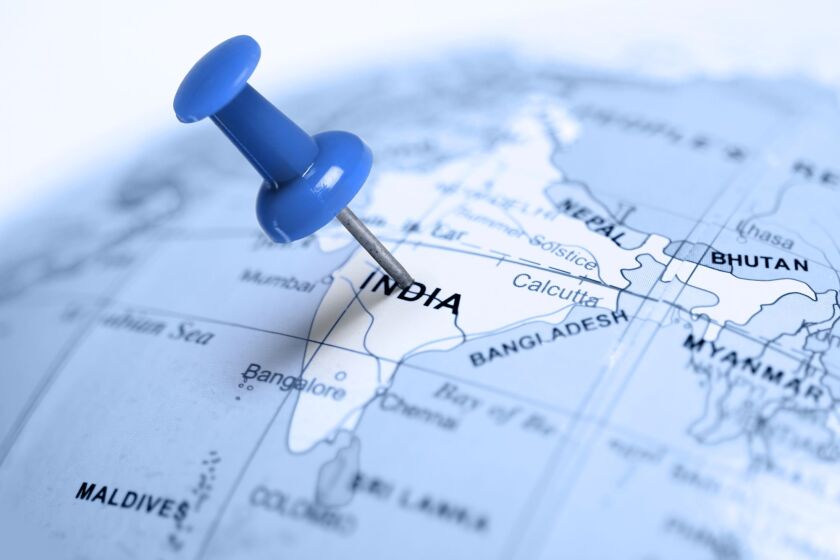The Bar Council of India is to allow foreign lawyers and law firms including those dealing with intellectual property issues to operate in India, according to new rules published on Monday, March 13.
The Gazette of India published an update by the Bar Council of India which stipulated that such lawyers and firms will also be eligible to open offices in India.
Whether the government should open the Indian legal sector to foreign law firms has been a contentious issue for several years.
Under the new rules, foreign lawyers can practise IP as well as work on transactional and corporate cases and contractual issues. They are, however, prohibited from participating in litigation.
The Bar Council of India said allowing non-domestic lawyers practising foreign law, international legal issues in non-litigious matters, and arbitration cases to operate in India would help the legal profession in India to grow.
Local lawyers say it’s unclear whether foreign professionals would only be allowed to practise issues related to foreign and international law or if they could advise on Indian law despite being banned from actively participating in litigation.
The Bar Council said it will publish more guidance in the coming days.
Foreign lawyers and law firms must register with the Bar Council to practise in the country.
However, that requirement does not apply to foreign practitioners who occasionally come to India on a 'fly-in, fly-out' basis to advise clients, an option some foreign practitioners have taken for several years.
According to the notice, registration fees for foreign lawyers and law firms are $25,000 and $50,000, respectively. Such registrations are valid for five years and are renewable.
While a small handful of international law firms have previously tried to establish their presence in India, they have had to do that by incorporating local entities that operate independently but which bear the international firm’s brand name.
Some local law firms also have exclusive referral arrangements with foreign firms.
But with the new rules in place, foreign firms can finally open official offices in India.
Managing IP will publish analysis on what the rules mean for foreign law firms planning to enter the Indian market in the coming weeks.











